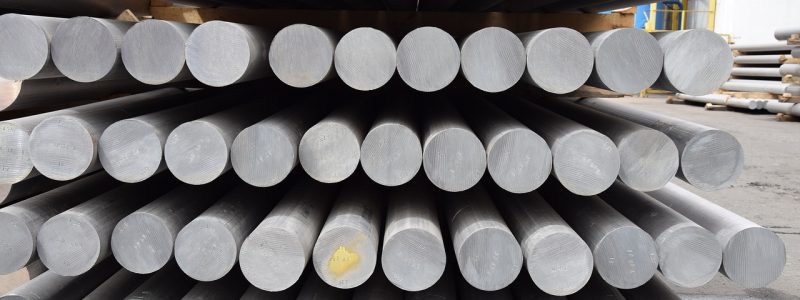For any company, having the right materials is important. This is especially important for suppliers, who rely on having top quality materials and resources to create superior outputs for their own buyers. Finding the ideal metal suppliers for vital components and projects can mean the difference between having the capacity to work proficiently and having to endure production postponements and frequent revamp. The concern is, how can you find the good metal supplier for your service’ demands?

3 Criteria to Choose a Good Metal Supplier
In order to help you answer this question, Marlin Steel has pieced together a list of the top 5 ideas you should search for in your suppliers to hammer out the absolute best from the rest:
# 1: Dependability
Meeting your very own manufacturing schedules is close to impossible if your suppliers take forever to obtain you the equipments and materials you should start work in the first place. Questionable suppliers who don’t have dependable shipment schedule are not suppliers you really want to trust in during crunch time when you’re expediting to accomplish a major order.
Getting a dependable manufacturer means that you have accessibility to what you really need when you need it, not 4-5 months from when you commenced your request.
When considering a supplier, check their past background with other clients. What was the usual wait time for an order to get fulfilled? Did the supplier meet timelines for providing supplies continually?
If shipment times were long, and deadlines were commonly missed, then the vendor might not give the level of credibility that you have to stay on-schedule. On the contrary, if distribution times were short and the vendor dependably met or surpass their timeline for shipment, you’ll know you can rely on that supplier for most important purchase orders without the need to worry if you’ll obtain them in a timely manner.
# 2: ISO Certifications
Another excellent way to establish a dependable vendor is to take a look at their ISO certification. ISO-certified companies have a tested, reliable setup for having job done and introducing upgrades into their processing procedure.
Thankfully, examining ISO-certification is somewhat quick and easy. An organization either has a recent, updated certification, or it does not. If a provider does not have an ISO certification, review to see why. Is the business unable to meet the documentation and improvement standards required for ISO certification? Or, has the supplier not qualified for ISO?
Note that an ISO certification may well not warrant top-notch quality on its own. Rather, an ISO certification indicates that a business has a persistent, well-documented system for getting tasks performed.
# 3: Low Rejection Rates
Generally, prompt, trustworthy delivery and a dependable process won’t mean much in a vendor if said supplier provides shoddy parts and materials that you will have to reject. Low-quality components and components that do not satisfy your manufacturing tolerances can possibly be worse than not having the parts in any way, since they pose a greater hazard of harm to your manufacturing equipment or products.
Having to reject and reorder parts/materials can negate a fast delivery cycle, and trying to use shoddy supplies in your ultra-delicate manufacturing process can lead to expensive damage.
So, when considering suppliers for your company, take a look at their history to see if they have an abnormally high amount of claims against them for parts/materials not working or being rejected for delivery.
Checking on the supplier’s website to see if their website is up-to-date. A reputable and resourceful supplier these days will have up-to-date web design and information. With rich web content and information, it shows authority in their trade.

